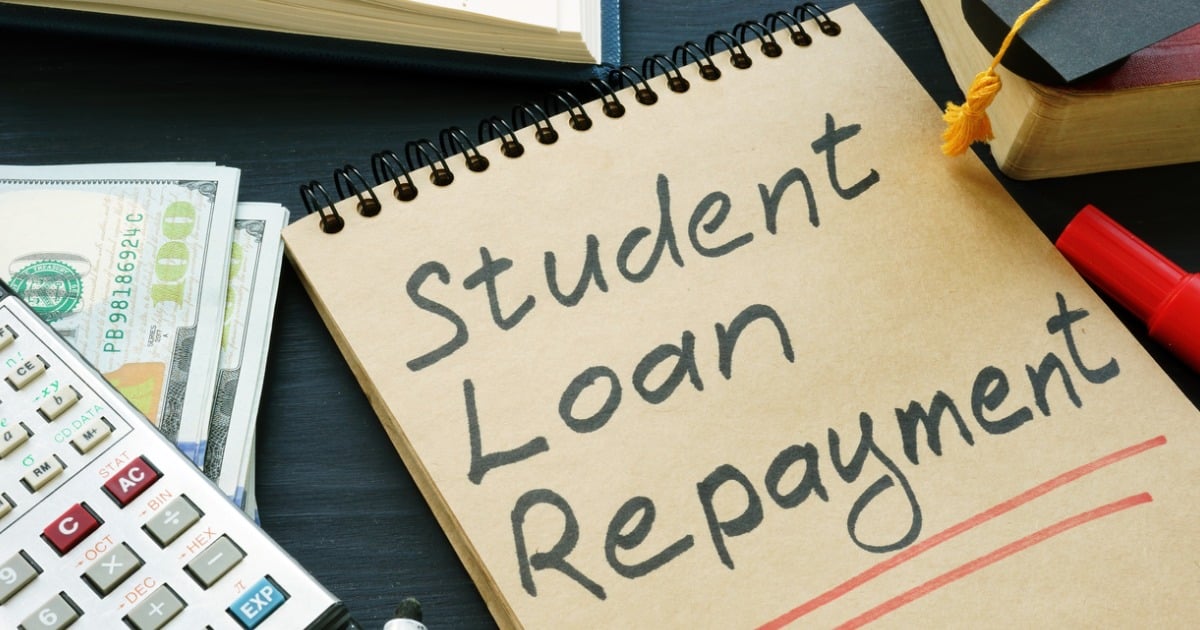Student loan borrowers in California have new protections against lenders’ and servicers’ unfair, deceptive and predatory practices under the state’s new Student Borrower Bill of Rights.
Signed into law by Gov. Gavin Newsom last September and supported by CDA, the bill of rights establishes statewide, enforceable servicing standards related to how loan payments are applied, for example, and creates a new office, the Student Borrower Ombudsman, whose dedicated role is to implement the bill’s provisions, receive and review borrowers’ complaints and ensure complaints are referred for investigation and resolution.
Although signed into law last year, most of the bill’s provisions took effect July 1, 2021.
Student loan market ‘plagued with predatory practices’
“The $1.5 trillion student loan market is plagued with predatory practices,” the California Legislature found and declared. “The Consumer Financial Protection Bureau has continued to find that student loan borrowers encounter servicers that discourage borrower-friendly alternative payment plans, fail to respond to questions and payment processing errors, and fail to provide sufficient information to borrowers regarding payments, benefits, interest rates, and other charges.”
Under the new bill of rights, a lender’s unfair or deceptive practices can include misrepresenting the amount, nature or terms of a fee or payment due on a student loan or misrepresenting the borrower’s obligations.
Partial payments, overpayments to be applied in borrower’s best financial interest
Most notably, the bill of rights requires student loan servicers to:
- Post, process and credit student loan payments within certain time frames
- Ensure that any imposed fee for a past-due payment does not exceed 6% of any past-due amount
- Apply borrowers’ overpayments that are in the best financial interest of the borrower
- Apply borrowers’ partial payments to minimize late fees and negative credit reporting
- Avoid engaging in unfair or deceptive practices or abusive acts in connection with loan servicing
- Train personnel to better advise older borrowers, military borrowers and borrowers with disabilities
In addition to the cap on late fees for borrowers’ past-due payments, loan servicers are no longer permitted to impose a minimum late fee.
Loan servicers are also now prohibited from misapplying borrowers’ payments to the outstanding loan balance. Some loan servicers were reportedly applying overpayments to the interest on borrowers’ next loan payments as opposed to the original loan balance.
Borrowers can visit the state’s Department of Financial Protection and Innovation website to learn more about California’s new protections.
CDA supports current bill to protect borrowers of private student loans
Legislation introduced this year by Assemblymember Mark Stone (D-Monterey Bay) and supported by CDA would protect student loan borrowers by reforming private education lenders’ and collectors’ collection practices.
AB 424 would prohibit private education lenders from attempting to collect a private education loan in writing without first possessing and providing certain information about the loan to the student borrower. That information includes the creditor’s account number, the loan amount due at default, itemization of interest and fees, a list of all collection attempts made in the last 12 months, including dates and times of all telephone calls, and additional information and documentation.
Private education lenders or loan collectors could not bring a suit or initiate any legal proceeding to collect a loan if the applicable statute of limitations on the claim has expired, and the bill would require specific documentation from the lender or creditor in certain court proceedings.
Borrowers would be authorized to pursue enforcement against an education lender or collector for violating the bill’s provisions.
If passed by the Legislature, the bill will go to the governor’s desk for signing before the October deadline and take effect in January 2022.

